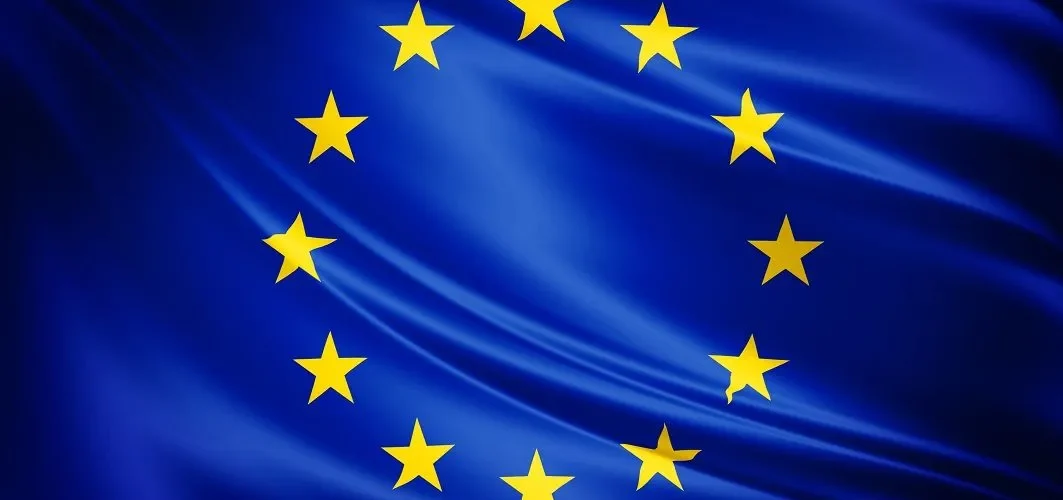Articles
مركز شاف لتحليل الأزمات والدراسات المستقبلية > Reports > International Affairs Unit > Is the EU heading into another historical enlargement 20 years later ?
Is the EU heading into another historical enlargement 20 years later ?
- October 21, 2024
- Posted by: Maram Akram
- Category: International Affairs Unit Reports
No Comments

By: Laila Ahmed
INTRODUCTION:
The Russian-Ukrainian conflict restored the need for EU expansion. “Enlargement” has long been seen as a low priority; Croatia was the last nation to join the league in 2013, a decade after it first submitted its application.
However, circumstances evolved in the meantime. The “enlargement is back on track thanks to Vladimir Putin they say. But worth noting that the prospect of admitting new members is made possible by the strategic priority of expansion. However, it doesn’t guarantee it.
Today, there are five other current candidate countries besides Ukraine and Moldova: Albania, North Macedonia, Montenegro, Serbia and Turkey.
Hence, one of the biggest political, economic, and social problems the European Union will confront in the upcoming years is unquestionably the enlargement, which includes contenders like Ukraine, Moldova, Georgia, and the Western Balkan. Ukraine’s admission would have the most effect because of its size. Everyone can see that this nation is in severe economic trouble in addition to being at war with Russia.
The 2004 EU Historic Expansion “Big Bang’ Enlargement” :
Ten nations from Central and Eastern Europe became members of the EU on May 1, 2004 marking the biggest expansion the European Union has ever seen. The European Union’s eastern enlargement, fifteen years after the fall of the Berlin Wall, was a significant step towards bridging the divisions that had grown throughout the continent during the Cold War.
Along with the Baltic republics of Estonia, Latvia, and Lithuania, as well as the Mediterranean islands of Malta and Cyprus, the Czech Republic, Hungary, Poland, Slovakia, and Slovenia entered the EU in 2004. As a result, there were 25 members of the Union instead of just 15. The EU’s population increased by more than 25% over night with the addition of 75 million new citizens.[1]
Economically, The 2004 EU expansion has had significant economic effects on all of the member nations as well as the bloc. The number of official languages in the EU rose from 11 to 21 and the number of member states from 15 to 25 over night as a result of what was formally known as the fifth enlargement.
The entrance of Bulgaria and Romania in 2007 was a part of the same wave of enlargement. These two countries were not allowed to join in 2004 because of issues with corruption and the rule of law, but the European Commission claims they are a part of the fifth enlargement.
Notably, membership in the EU offered significant advantages through a variety of paths, most prominent among them was greater investment, wider market access, and sizeable structural and cohesion grants from the EU budget.
New members saw major shifts in their economy right away. Poland and Slovakia, for example, saw fast economic development that exceeded the growth rates of long-standing EU members.[2]
After almost twenty years, it is difficult to disagree with the 2004 enlargement’s success. With the exception of one significant nation, every nation that was a part of the 2004 batch is significantly richer and freer. In addition to generating wealth, the EU has strengthened democracy and promoted progressive ideals.
It makes sense why there is a long waiting list to join the EU.
History:
As one of the six founding members of the European Union, Germany signed the Treaty of Rome on March 25, 1957, along with France, Italy, Belgium, the Netherlands, and Luxembourg establishing the foundation the European Economic Community (EEC) which has become the EU after the signing of Maastricht Treaty formally known as the Treaty on European Union, which was signed on February 7, 1992. Since then, the EU has grown seven times.
Denmark, Ireland, and the United Kingdom joined the EU in 1973; nevertheless, at the end of January 2020, the UK became the first member state to exit the union. Greece joined the EU in 1981, followed by Portugal and Spain in 1986, and Austria, Finland, and Sweden in 1995.
Following the eleven states that joined in 2004 to expand eastward, Bulgaria and Romania joined in 2007, and Croatia joined most recently in 2013.[3]
The Copenhagen Criteria:
The accession criteria, or Copenhagen criteria (after the European Council in Copenhagen in 1993 which defined them), are the essential conditions all candidate countries must satisfy to become a member state. These are:
political criteria: stability of institutions guaranteeing democracy, the rule of law, human rights and respect for and protection of minorities;
economic criteria: a functioning market economy and the capacity to cope with competition and market forces;
administrative and institutional capacity to effectively implement the rights and obligations of the EU and ability to take on the obligations of membership.
